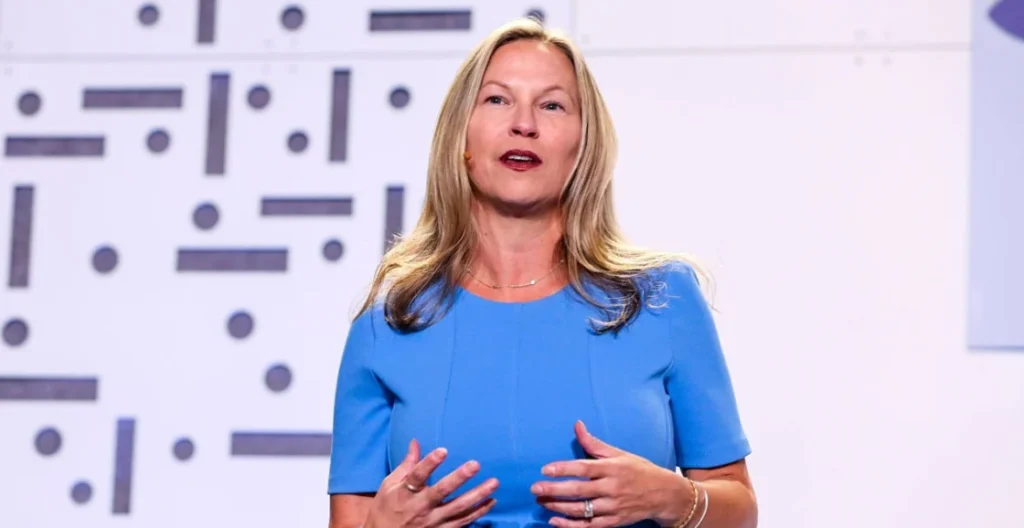
Caren Ulrich Stacy, CEO of Diversity Lab, delivered a briefing on the state of DEI in the legal profession on April 29. Hosted by ChIPs HQ and ChIPs Chicago, the webinar drew over 100 attendees globally.
DEI initiatives have faced increased scrutiny in recent months. Since January, there have been seven executive orders released that target the legal ecosystem, plus 17 responses from legal professionals, including lawsuits, amicus briefs, and investigations by lawmakers.
While some view these DEI efforts as ineffective, many law firms have affirmed DEI initiatives’ critical role in promoting equity. Organizations must now demonstrate their genuine commitment to inclusion while navigating a complex regulatory landscape.
How Firms Are Responding
Christy Kiely, partner at Seyfarth, told webinar attendees how law firms are reacting to the past 90 days: 73% of law firms and 68% of legal departments say they’ve made little or no changes to their DEI practices or processes; 76% of law firms and 75% of legal departments report making little or no changes to their DEI language. Furthermore, 74% of law firms and 70% of legal departments have either communicated their continued commitment to DEI or have continued to demonstrate their commitment through continuing efforts created before January of this year.
Demi Edmunds of legal staffing agency Distinct recently commented that “as legal and regulatory frameworks continue to adapt, organizations must carefully evaluate their DEI strategies.The focus is no longer just on whether DEI matters, but on how law firms, businesses and professional organizations can adapt to maintain progress while ensuring compliance.”
One way to maintain progress, according to Stacy, is to promote thoughtful, deliberate decision-making in hiring. A common criticism of DEI efforts is the belief that inclusivity can be achieved solely through mandates or quotas — for example, requiring that at least one racial minority be interviewed for a role. This approach can reduce individuals to a single aspect of their identity and assume outcomes are guaranteed.
Instead, Stacy encourages inclusive sourcing as a form of “slow thinking.” Broadening the pool of qualified candidates not only fosters more equitable hiring but also helps organizations find the best person for the job. Rather than meeting quotas, consider increasing representation by looking at underrepresented talent across all roles and stages of the hiring process.
However your team chooses to move forward, remember that the ChIPs network is here to support you. Through webinars with partners like Diversity Lab, practical action guides and peer-to-peer support, we remain committed to building inclusive, supportive workplaces together.
Best regards,

